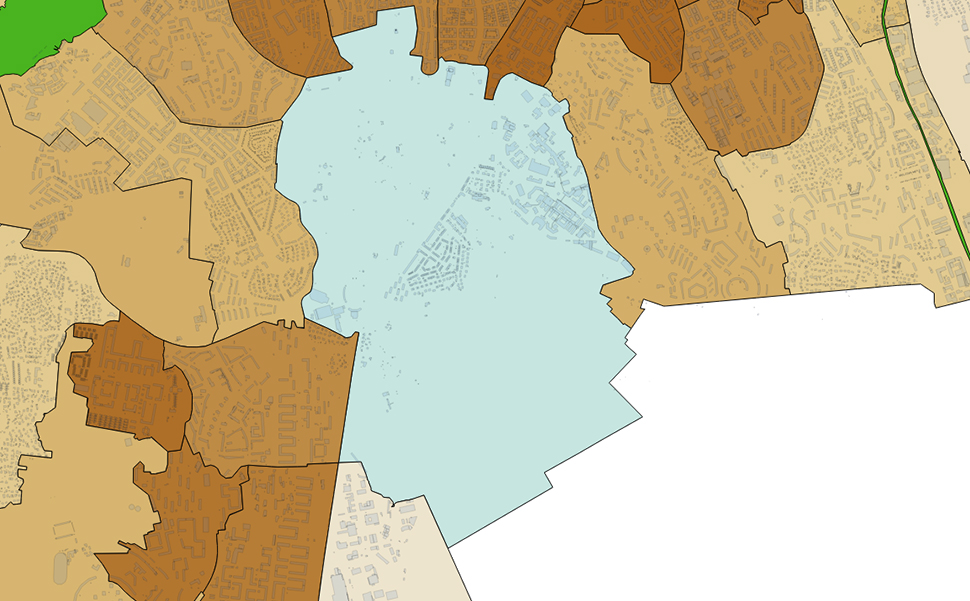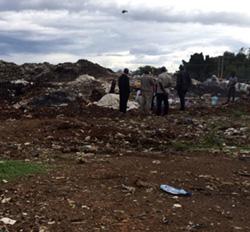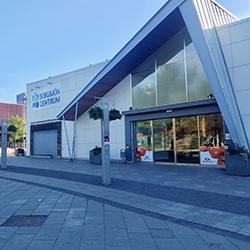
Phd Project: Sustainable Urban Districts
A recent UNEP (United Nations Environment Program) report, Decoupling natural resource use and environmental impacts from economic growth, indicated that in a business-as-usual scenario, the resource consumption at global level would triple by 2050 compared to the current levels (Fischer-Kowalski et al., 2011). The increasing trend brings concerns related to fair allocation of resources for the present and future generations. The population is also expected to grow considerably and a large portion of these people will live in cities. Therefore, the process of reducing resource use must be addressed by cities.
Cities’ complexity imposes many barriers to resource use reduction goals. Developments at urban district-size may provide opportunities that can be scaled up and used in the sustainable development processes of cities. This can trigger a change towards resource use reduction and it may also allow for effective impact evaluation of that change.
Material flows
The first part of the project is related to modelling and accounting material flows and stocks which describe the metabolism of urban districts. The resulting data will be used to monitor the impacts of implementing social, technical and economic measures and their progress towards the proposed goals. The second part is intended for exploring ways of dissemination of the resulted data to district stakeholders - residents, corporations, small entrepreneurs, municipality’s officials, Non-Governmental Organisations and so forth.
Stakeholders
The project is conducted by the Urban Metabolism group at Chalmers in close collaboration with City of Gothenburg (Environmental Administration and the City Planning Authority) and the Smart Sustainable Districts (SSD) Flagship of the EU Climate KIC program. Gothenburg Municipality is the main potential beneficiary of the proposed project. The municipality officials will facilitate the interaction with relevant stakeholders of the districts.
Research Questions
The project will answer the following research questions in order to reach the proposed objectives:
1. What method should be used for defining the resource consumption baseline in the district?
2. How can consistent long-term monitoring be achieved? What type of data is needed? How can this data be collected? How data can be communicated to stakeholders?
3. Which solutions, from the local environmental plan and others are suitable for implementation in the district?
About the field Urban Metabolism
Urban Metabolism is a multi-disciplinary research area with a focus of providing important insights into functioning of urban areas for the purpose of proposing effective solutions for sustainable urban development.
Urban Metabolism accounts resource consumption and emissions arising from urban socioeconomic activities in terms of material and energy flows. Then, corresponding local and global environmental impacts are analyzed and stakeholders and factors influencing the flows are determined. The stakeholders include industry, public sector and population. The factors include geography and natural capital, economic and industrial structure, societal organization, rules and norms.
Currently, there are two Urban Metabolism projects conducted within Mistra Urban Futures platform, Municipal Environmental Impact and this project Sustainable Urban Districts.







